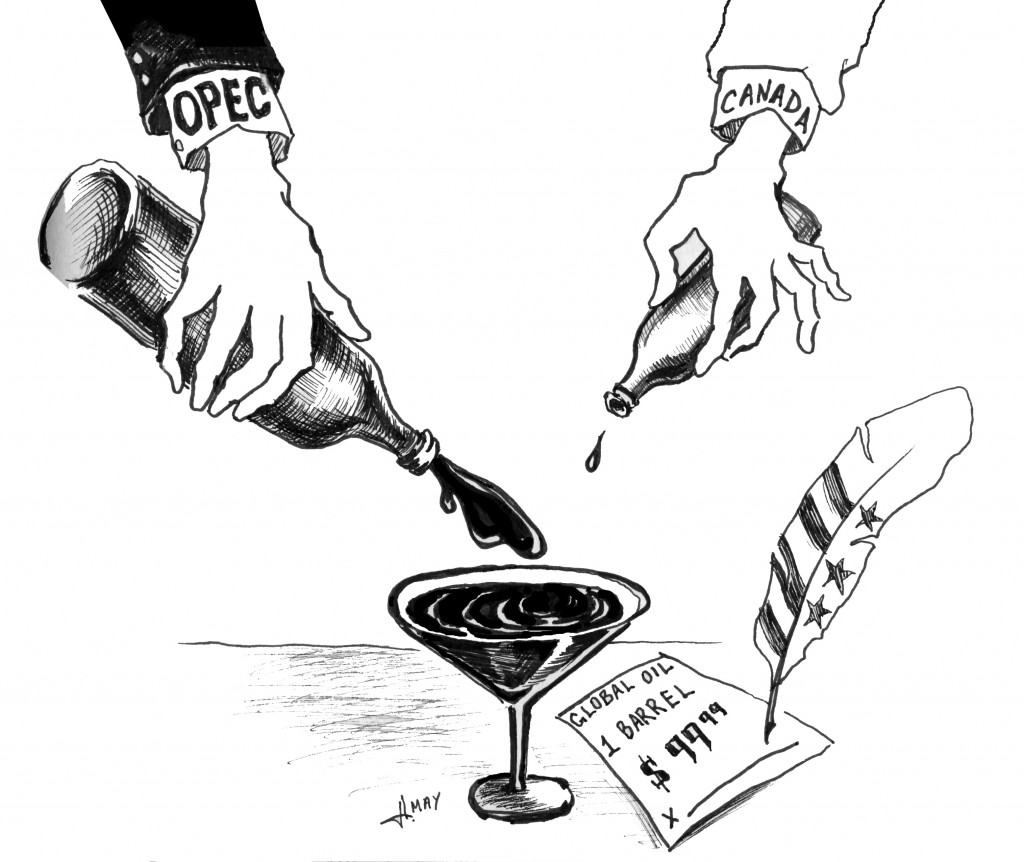Blocking the Keystone XL pipeline probably won’t stop the development of Canadian tar sands. Although climate change and the need to protect habitat make leaving tar sands untouched a laudable goal, unrelenting demand for petroleum in Asia means that if Canada does not send its oil southward to the United States, it is likely to send it to Asia instead. Despite this reality, the rally against the pipeline could still represent a pivotal point for America’s modern environmental movement. If nothing else, the Keystone XL showcases America’s complete lack of comprehensive energy policy. It represents a steel umbilical cord to the petroleum past and does nothing to address the future economic or environmental realities of our country. Within the coming two months, President Barack Obama will make a decision about the pipeline’s future. Regardless of his decision, the battle leading up to it has made one thing clear: the United States needs a comprehensive energy policy, and needs it now.

